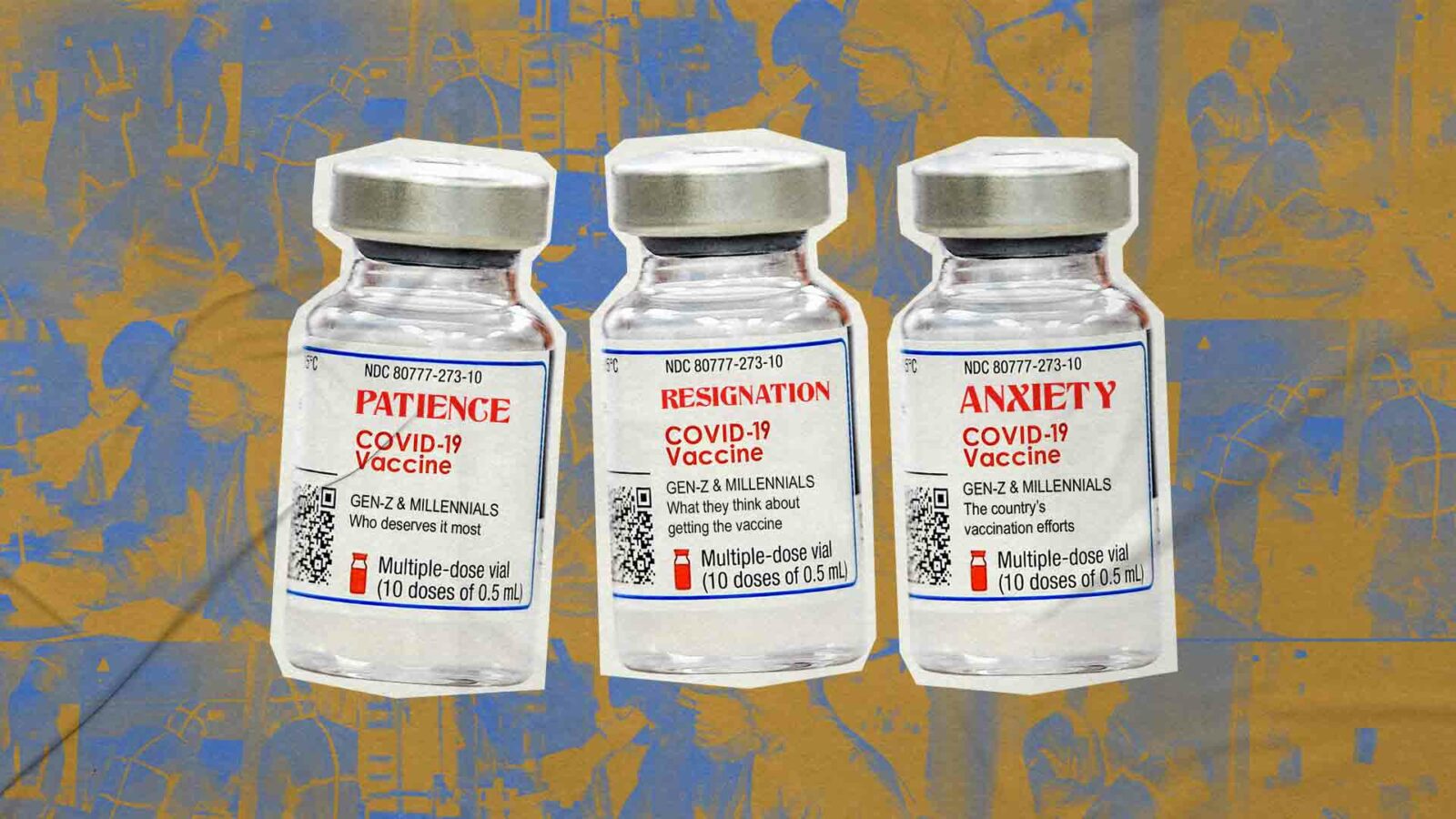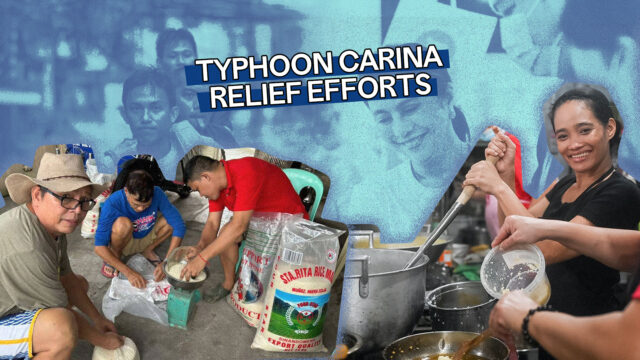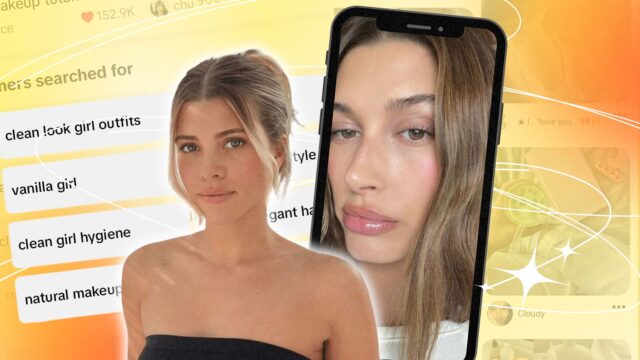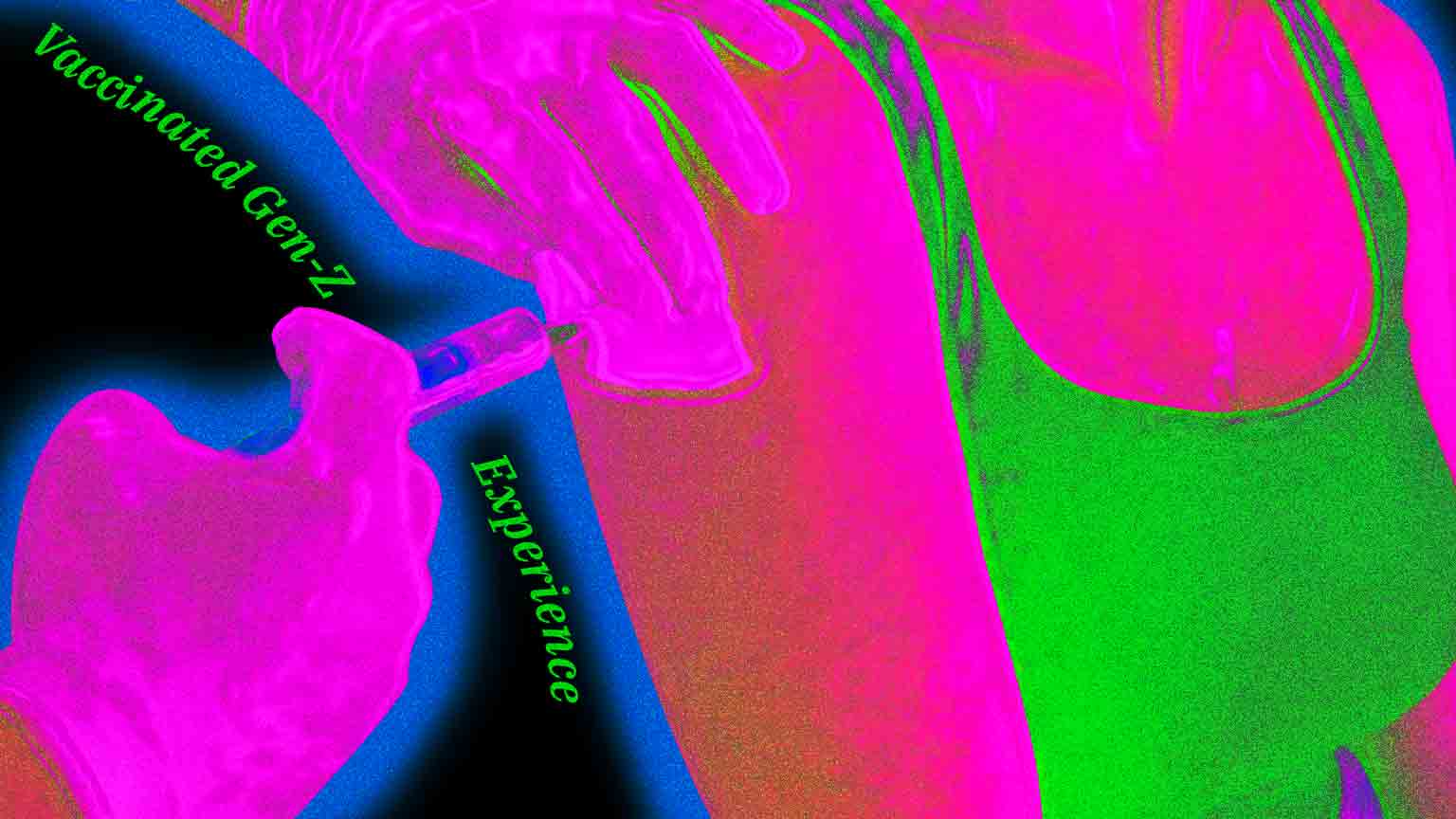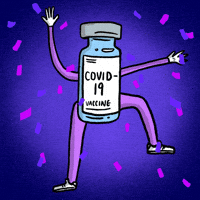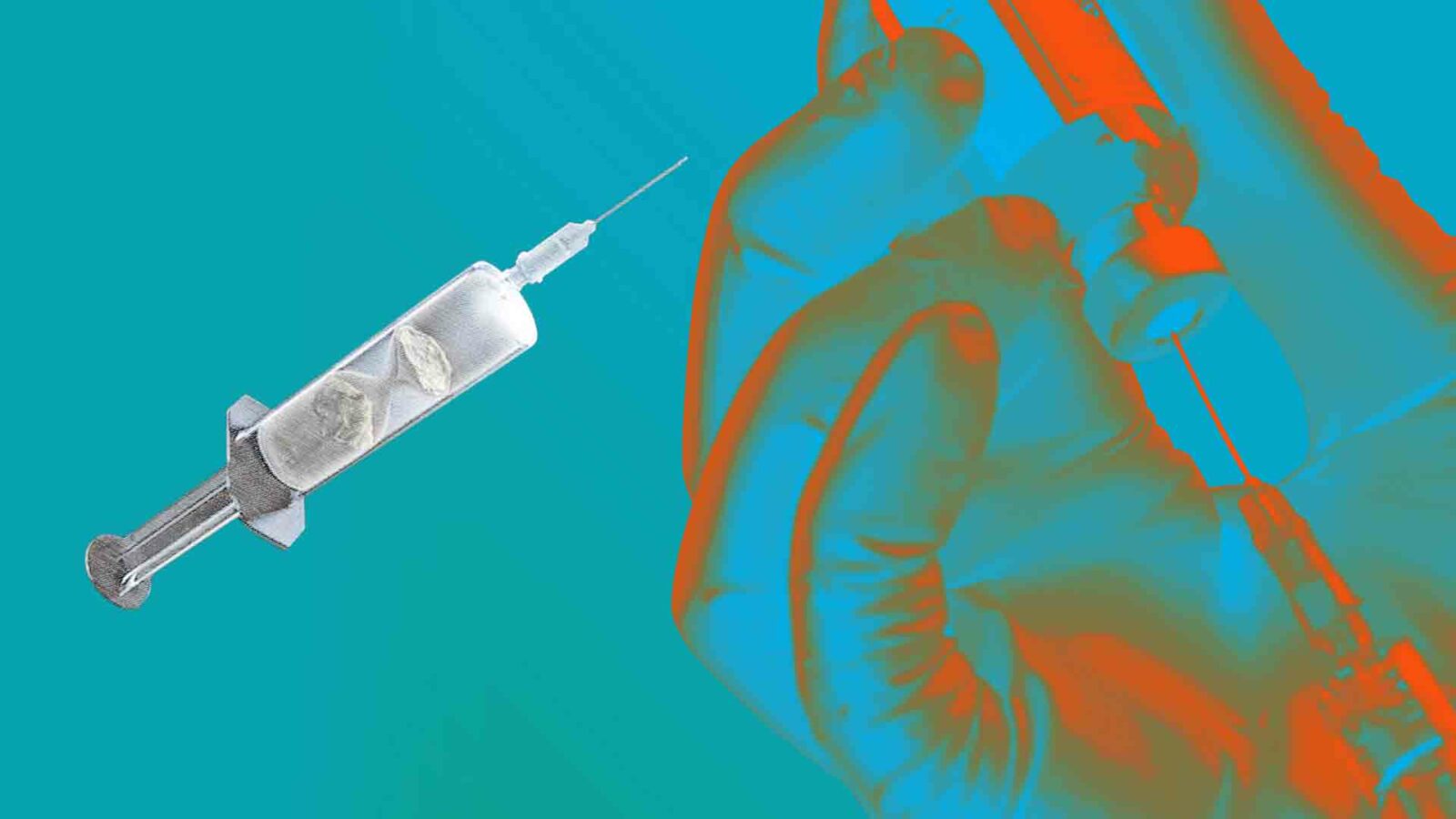These young people get honest about what they think about getting the vaccine, who deserves it most, and the country’s vaccination efforts.
As many countries around the world vaccinate their population against COVID-19, there is a demographic of people that are going to get their vaccines near to the last, young people. Unless they have a special condition or work in a priority area, most young people are most likely getting the vaccine later than their parents and everyone else. With everything that has been going on, what exactly do young people think about this? We asked some unvaccinated Millennials and members of Gen Z to share their thoughts on what they really think about the COVID-19 vaccines.
Related: Young People Share Their Experience Getting The COVID-19 Vaccine
“I don’t mind having to wait for getting vaccinated as long as it goes to the right people first.”
A lot of things have been said about the COVID-19 vaccines: they are the key to stopping the pandemic, they have unknown long-term side effects, some vaccines are better than others. This mixed messaging has affected how some young people see the COVID-19 vaccines in general. Jess, a 23-year-old video editor has heard that “There are numerous vaccines that have varied efficacy rates and side effects.” Lay, a 21-year-old university student has come upon mixed things about the vaccines, saying that it’s both good against COVID-19 and that the side effects may or may not be real. Mikey, a 25-year-old software engineer says that “…I think one of the underlying issues with vaccines is not the vaccine itself, but the credibility of where the vaccine was produced.”
Most young people will most likely wait a while longer to get the vaccine, the respondents we talked to didn’t see this as an issue. “I don’t mind having to wait for getting vaccinated as long as it goes to the right people first,” says Lay. This was a sentiment that was also shared by Mikey and Nat, a 23-year-old community manager.
Mac, a 27-year-old architectural apprentice, and Angelica, a 22-year-old who works at a local music company, also said that they were willing to wait, but that their personal circumstances were making them slowly feel that getting the vaccine would be better sooner rather than later. For Mac, he says that his work “tends to force my hand to work in the office and I was recently in close contact with a positive case. The situation made me realize I’m exposed and vulnerable when in the office and what scares me is what if I possibly bring home the virus and spread it to my family.” Angelica, meanwhile, recently had a close contact with a positive case near her home, which made her feel like she needs protection “as soon as possible.”
Another thing they also see no issue with is being last on the priority list. “I think it’s fair, especially since COVID-19 is more severe on the older ones,” says Angelica. “Statistics show that the older age groups and those with underlying health issues are more vulnerable to the virus, so it is fair that they are prioritized,” adds Jess. Mac feels that the situation feels “completely understandable.” He also adds that, “The young have a better immunity system and have the energy to stay more cautious.” Mikey also feels the same way, but he cautions that “it doesn’t give an excuse for the government and those in charge to continue delaying vaccination efforts.”
While some people assume that being fully vaccinated is good reason enough to step outside more confidently, studies show that this isn’t the case. “I don’t think that getting vaccinated would immediately change my feeling about going outside…I’ll generally stay cautious just to play it safe,” explains Lay. “I would rather stay cautious when going out and still keep my distance from crowds,” says Mac. “I will continue to follow safety protocols and social distancing rules for as long as needed,” adds Jess. Mikey also shares these sentiments by saying, “I will continue to social distance until the majority of the population has been vaccinated or I ensure that those I see are already vaccinated.”
Just because they weren’t willing to stop following social distancing rules post-vaccination does not mean though that they aren’t already thinking about their plans once a big majority of the population are vaccinated. All of them said that they want to travel again once it is safe to do so. Meeting up with friends and family was also another popular response. Mac would also love to watch a movie in the cinema while Mikey is looking forward to being able to watch a concert in person again.
“I was told so, but I’m keeping the mindset of not receiving it para lang ‘di ako mapaasa.”
With the slow rollout of vaccines in this country and news of delays of vaccine shipments to later this year, the young people we talked to were divided on whether or not they would be given the opportunity to get vaccinated this year. Jess and Mac are already scheduled to get a vaccine later this year. Lay feels hopeful that he will, but he also has his doubts. Angelica and Nat both think they won’t get vaccinated while Mikey adds, “I was told so, but I’m keeping the mindset of not receiving it para lang ‘di ako mapaasa.”
One of the big reasons why people are hesitant to get the COVID-19 vaccines is because of the possible side effects since the vaccines are new and it isn’t clear yet what the long-term effects could possibly be. There was a noticeable divide among the young people about any fears they have of getting the COVID-19 vaccine. One on hand, Angelica, Lay, and Mac all have no fears with regards to getting the vaccine. Jess, Mikey, and Nat, on the other hand, all said that they were about the possible long-term side effects to their health.
“Gets my blood boiling.”
As of this writing, there are two vaccines currently available in the Philippines: AstraZeneca and Sinovac, with the latter being more widely available. It was clear though that the young people we talked to were no fans of Sinovac. “A lot of people are apprehensive about getting vaccinated since Sinovac is the main one being distributed in the Philippines, which has an efficacy of only 50%,” says Jess. Mac says that “The most accessible one which is Sinovac is by far the most “sketchy” since it started with a lot of bad reputation when first introduced.” Lay then adds, “Given that there’s quite a lot of Sinovac vaccines going around, you can’t help but think that there might be some political motive behind it.”
With the late arrival of new vaccines from different makers though as well as a surge in cases, it has been said that it is better to just get any vaccine that is offered, a sentiment shared by Mikey. “At first I didn’t want to receive anything from China, but at this rate, with the lack of availability and options to choose from, I think it’s best at this rate to choose whatever vaccine is available for as long as it goes from the due process set by the government.”
He adds that the feeling of resignation that he has is also shared among his friends: “We share the same sentimentality that at the rate of how things are, it might be best to just choose whatever is available.”
While the young people we talked to did not mind waiting on the sidelines and for their turn to get the vaccine, it bothered them about how the country’s vaccination efforts are currently going. “Overall, it has been slow and inefficient. It seems that private corporations have put more effort into vaccinations than our own government. This makes it feel like Filipinos have been left to their own devices when it comes to getting vaccinated…” says Jess. Lay adds, “I would describe it as late and slow. Of course, it’s great that we started getting people vaccinated, but the response is seriously slow, especially when some people get vaccinated earlier by cutting lines. Our situation is worsening day by day, so the current state of our country’s response is not enough.”
Mikey feels that “Our government’s mindset is never in the long run and it only responds once a problem comes up. To add, the government just never seems to learn from its mistakes and continues to produce the same blunders over and over again.” And as Mac bluntly puts it, “I hate it. The fact we’re the only country in Asia to sue a vaccine company really gets my blood boiling.”
So, what can be done to improve the situation, especially when it comes to encouraging more young people to get the vaccine? The young people we talked to have a list of suggestions. Mac wants people to know that getting vaccinated should be seen as a selfless act meant to help the community as he explains, “Getting a vaccine is more than just personal safety and health, it’s about seeing the bigger picture and we’re all in this together.” Angelica would like for organized dissemination of verified information since she’s confused about getting the vaccine through her local LGU or her company. Mikey thinks that vaccines should meet the people where they are instead of being centralized in certain locations.
Lay and Jess, meanwhile, think that education should be a top priority. “I think more young people would be open to getting vaccination by getting educated about the vaccines. The internet is a valuable source of information these days, and clearing out some facts and debunking myths about COVID-19 vaccinations would definitely help.” says Lay. “Commit to widespread information drives targeted towards the youth regarding vaccinations.” adds Jess.
Continue Reading: There’s A Reason Why You Will Have To Wait For Your Turn To Get Vaccinated
